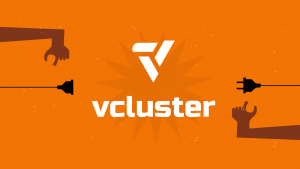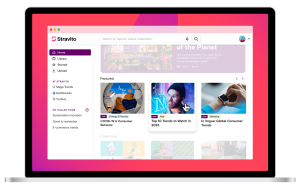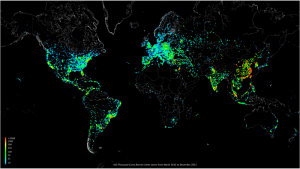Don’t hire a CDO for the wrong reasons
![]() If it isn’t already, one of the newest corporate status symbols will soon be the appointment of a Chief Data Officer. Many of those making the appointments won’t know exactly what a CDO does, which is still a bit all over the place, but they will feel having a CDO shows they are mastering that other big business buzzword “Big Data”. Shareholders will be impressed, right?
If it isn’t already, one of the newest corporate status symbols will soon be the appointment of a Chief Data Officer. Many of those making the appointments won’t know exactly what a CDO does, which is still a bit all over the place, but they will feel having a CDO shows they are mastering that other big business buzzword “Big Data”. Shareholders will be impressed, right?
Many companies will appoint a CDO for the wrong reasons. The CDO position is not about solving the problems you already have. The CDO position is about using data to change a business down to its very core. If you aren’t ready for potential radical change, you are probably not ready for a CDO.
Writing in a Harvard Business Review blog, Thomas C. Redman details three situations in which a CDO is not the answer:
.
- You don’t need a Chief Data Officer to put basic data management capabilities in place. Too many companies are a full generation behind, and acquiring those capabilities in a hurry may be necessary. But it does not demand a CDO.
- You shouldn’t need a CDO to improve regulatory reporting. This is not to say that you don’t need to improve regulatory reporting — simply that it shouldn’t take a true C-band effort to lead the data work needed to do so.
- You don’t need a CDO to ensure your IT systems talk to one another. Nor do you need a CDO to help analytics take root throughout the company. Both tasks are important, but they don’t demand a CDO.
.
Those three examples point toward a lack of support for the existing CIO function, which is sadly way too common. Companies probably shouldn’t hire a CDO until their current data systems have joined the 21st Century, yet I suspect many companies will try.
Redman writes that a company only needs a Chief Data Officer “when it is ready to fully consider how it wishes to compete with data over the long-term and start to build the organizational capabilities it will need to do so. You need to be ready to charge him or her with fully exploring what it takes to compete with data.”
Hiring a CDO is about finding new ways to use data that were never considered or have not be possible previously. It is about using data to beat the competition, or at least not be beaten yourself.
And it doesn’t have to be “Big Data,” though its emergence has certainly drawn attention to the CDO role. You don’t have to be using Hadoop to find new ways to use data, though it certainly sometimes seems that way.
It is important to develop and promote the understanding that IT does not own data, though it often seems that way. Data should be owned by the parts of the organization that create and use the data and can benefit most from using it in new ways. Getting data creators and users more involved with data as an important (and profitable) asset is a key CDO function.
Just to be clear: The CDO job is not about the problems you already have. Those belong to your existing IT operation. The CDO position is about empowering the organization to use data in new ways that better serve customers, reduce costs, improve operations and create profits.
As for who the CDO reports to, here’s a column I recently wrote about that topic.
photo: sarah sosiak via photopin cc
A message from John Furrier, co-founder of SiliconANGLE:
Your vote of support is important to us and it helps us keep the content FREE.
One click below supports our mission to provide free, deep, and relevant content.
Join our community on YouTube
Join the community that includes more than 15,000 #CubeAlumni experts, including Amazon.com CEO Andy Jassy, Dell Technologies founder and CEO Michael Dell, Intel CEO Pat Gelsinger, and many more luminaries and experts.
THANK YOU













